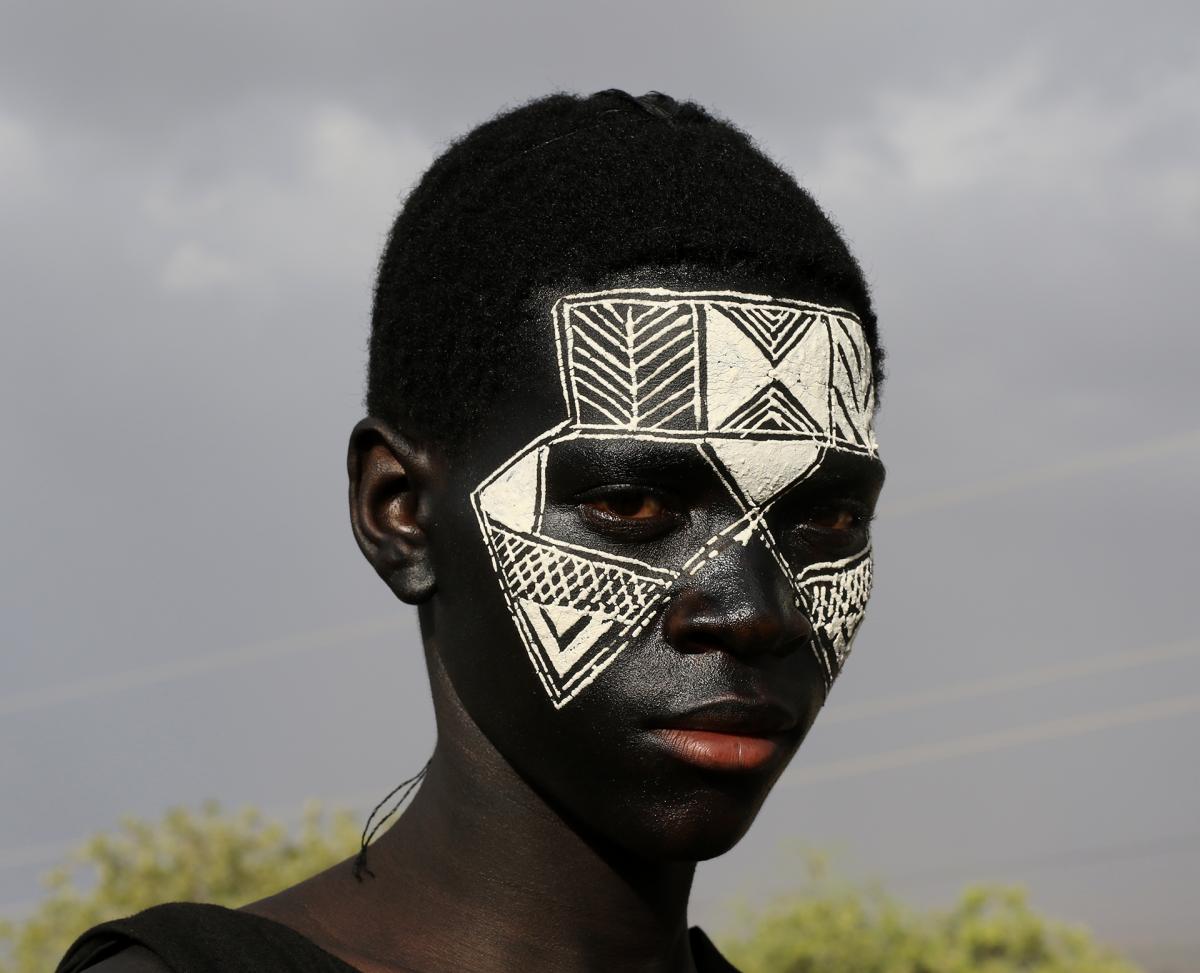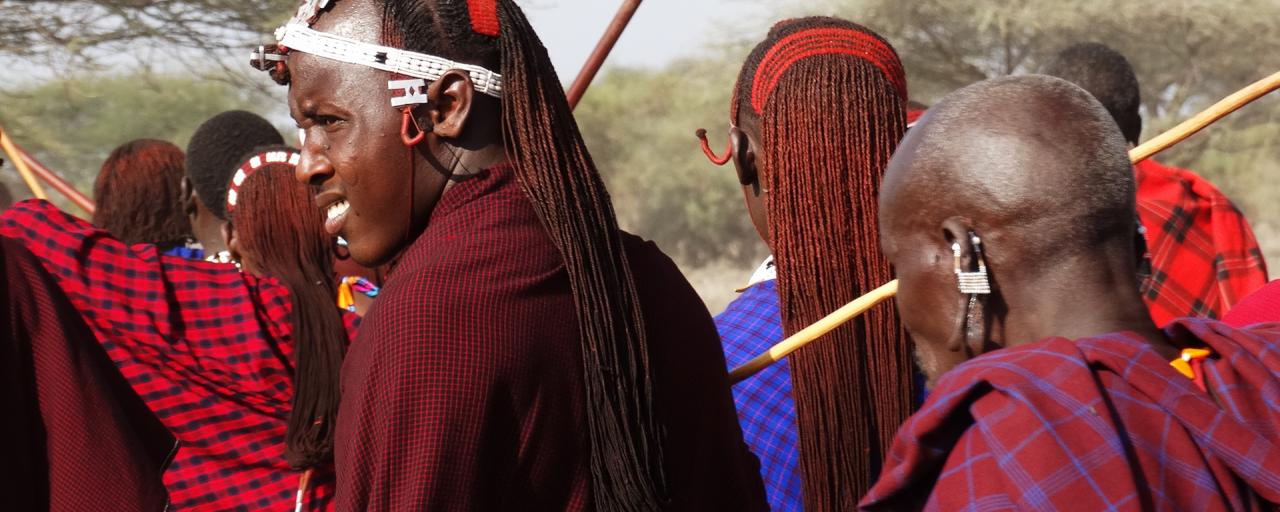Submitted by SafariADV on Sun, 2019-02-03
UNESCO has decided to include in the list of World Heritage Sites different rites of passage of the Maasai, defining them as an "intangible cultural heritage that needs urgent protection".
The rituals that Unesco intends to protect so that they are not lost forever, thus helping the communities to preserve their cultural practices and traditions, are three and precisely: Enkipaata, Eunoto and Olng'esherr.
These three male rites of passage, linked together, accompany the Maasai boys from the state of children to the state of moran, ie warriors, and, later, adults and, finally, elders.
The three male rites of the Maasai community therefore represent steps in the preparation of children for adulthood, during this long learning process the young learn the tribal knowledge, the various Masai rituals, legends, traditions, hunting skills, how to manage livestock and all what you need to know to manage a family.
Enkipaatais the ritual that precedes the ritual of circumcision, the boys undergo some tests to demonstrate their abilities.
After the circumcision ceremony the boys are ready to become moran, the warriors, who live isolated from the rest of the village; at this stage of their life they are instructed by the elderly about everything they need to face in life as grown men.
After a period ranging from 8 to 10 years, the warriors are ready to become adult men and build a family, the rite of the Eunotomarks this passage; during this ritual the warriors, who use to wear long hair, are shaved, this symbolizes a new beginning.
The last ritual, the Enkang oo-nikiri or Olng'esherr, known as the meat ceremony, is celebrated by sacrificing a bull, whose meat is prepared by the women of the village and offered to men.
These rituals involve the entire community and allow the Maasai to have a sense of identity and cultural continuity, perpetrating the fundamental values embodied in these rites of passage.
In recent years there has been a considerable decrease in the celebration of these traditions; the push, by the central authorities, to abandon some practices, potentially dangerous for health, such as circumcision, and the increase in schooling, are among the causes that determine the abandonment of ancestral traditions by the Maasai.
It would be the loss of a huge cultural heritage and UNESCO's efforts are aimed at safeguarding these practices.
The Masai live in Southern Kenya and Northern Tanzania.



